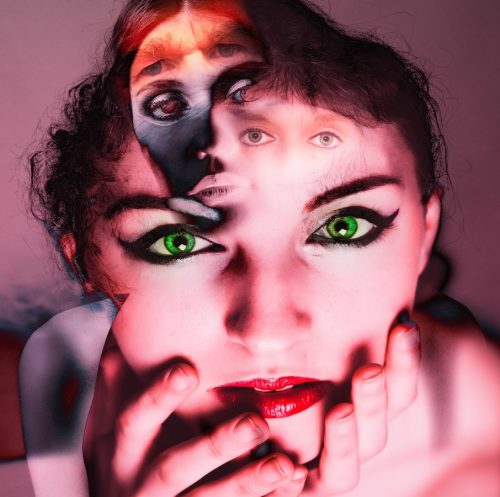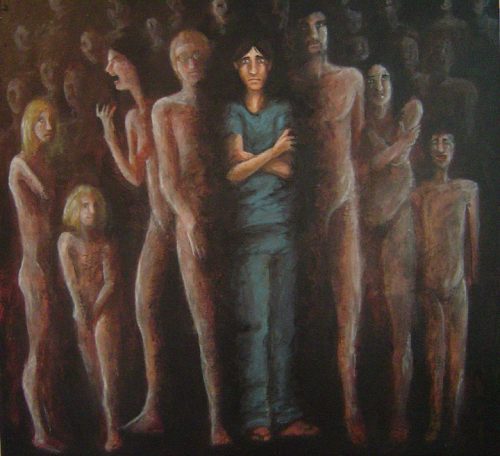Psychiatrists are having a long battle with multiple personality disorder where they sometimes see the condition as the most complicated case. It is a rare mental health condition that positively affects a minimal amount of population. People with this kind of psychological state feel the disconnection to what exactly is going on around them.

According to Jessica Bernal, LMFT “Education helps us learn about what these things look like and to understand that there are people all over every day that are super high-functioning — that have an education, jobs, partners — and have mental health issues.”
What Is Multiple Personality Disorder?
Multiple Personality Disorder, which is also called Dissociative Identity Disorder (DID), is considered a mental disorder where there are two or more distinct personalities present in one person. The causes of DID are often traceable to several chronic and severe traumatic experiences (which usually occurred in childhood) that affect a person’s emotional aspect. Usually, they come from different abuses such as emotional, physical, and sexual abuse. In some cases, the causes can come from the attributes of a life-threatening event such as the violence of war or any natural disaster. A person with DID usually develops the personalities as an escape mechanism from the memory, feelings, and awareness of a traumatic event. People with dissociative Identity disorder are prone to severe depression, anxiety, suicide, and sleep disorders.
What Are The Symptoms Of DID?

The classification of the symptoms of DID come from the two or more different personalities in a person who controls different variations of memory, behavior, consciousness, perception, cognition, and sensory-motor function. There are also some cases that both personalities are unable to recall each other’s personal information. Most of the time, they may even refer to themselves as having more than one name to validate the distinct personality. They can quickly shift their feelings and behavior.
Can Someone With DID be treated?
There is no actual cure for DID, and the treatment for an individual with the condition can vary depending on the severity of a person’s mental illness. The process of recovery also requires a long-term procedure to be able to help a person with DID. It will give them a chance to learn to manage their condition so they can cope up with their daily struggles in life.
The Help Of Psychiatric Therapy

Psychiatric Therapy (also known as talk therapy) is a type of treatment that helps a person in identifying his personality. It focuses on the facilitation of the fused identities to be able to help the person feel whole. The therapist sometimes uses a collection of the person’s various memories to go deeper into the cause of the traumatic experience and create confronting resolutions. The therapist will then get to know each of the identities and learn more about them. It is helpful in developing trust to be able to get detailed information from one character to another. This type of therapy ensures a more precise treatment for the needs of his multiple personalities.
What you need to remember about getting therapy: “A good therapist should be open and willing to understand your concerns. If your counselor doesn’t take your concerns seriously or is unwilling to accept feedback, then it’s probably in your best interest to consult with another therapist about it.” – Noah Rubinstein, LMFT, LMHC
Having multiple personality disorder is complicated because it can make a person stop functioning in his daily life. It often damages his thoughts, actions, physical sensations, and even his identity. It can also show links of acne and mental health problems. The truth is, it may also take years to be able to identify the condition. If you want to feel better, remember what Aarti Gupta, PsyD said “If you feel something is off with your connection, don’t hesitate to ‘shop around.”